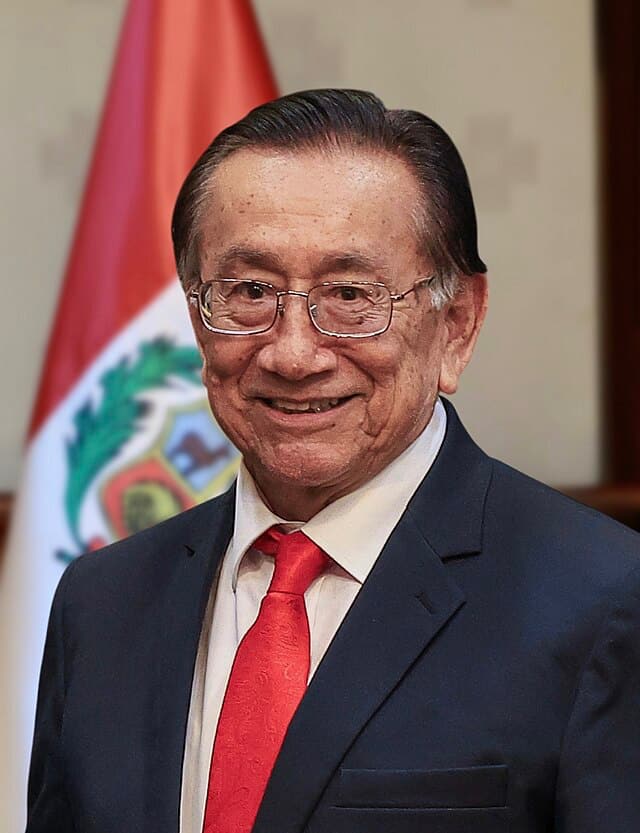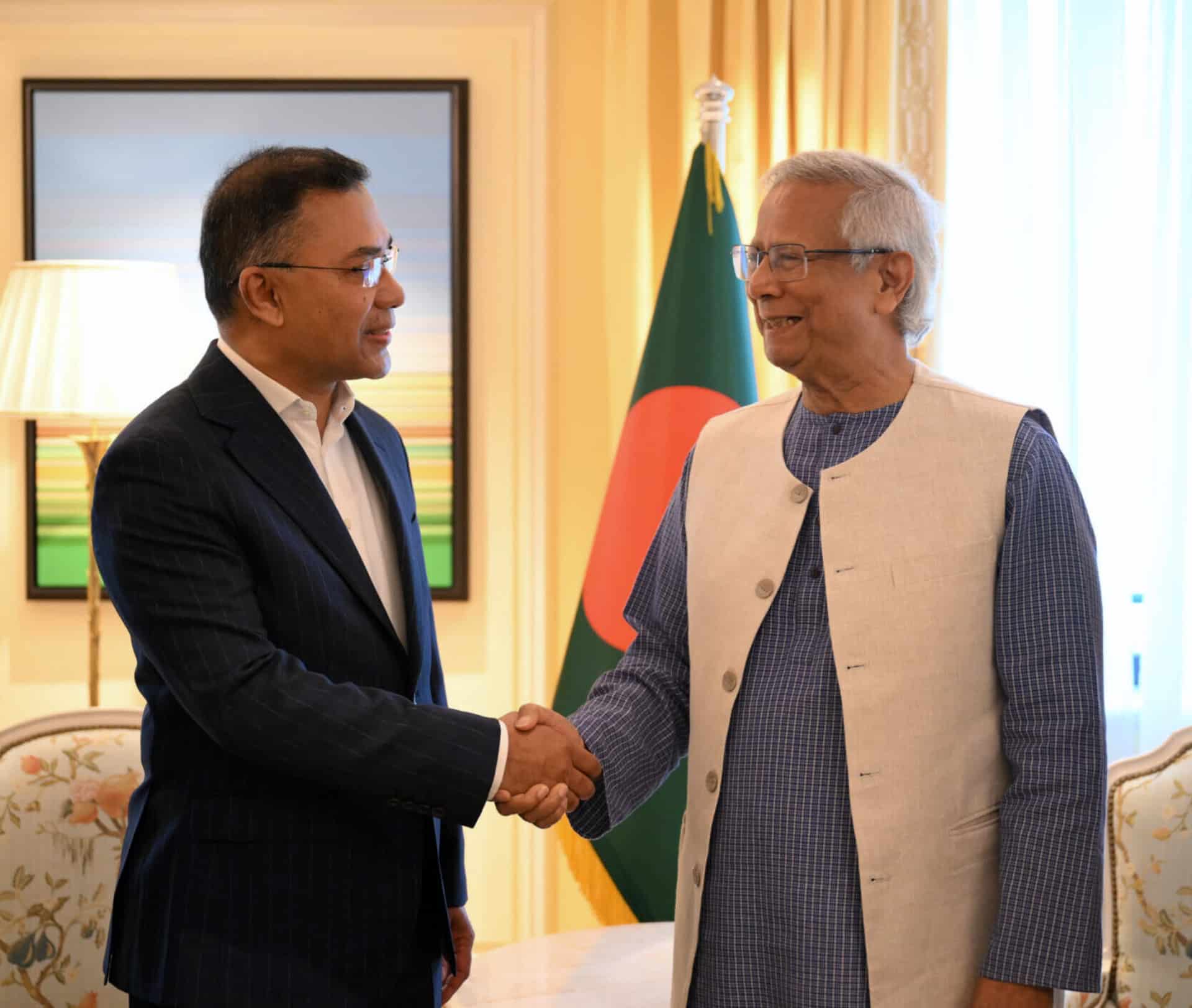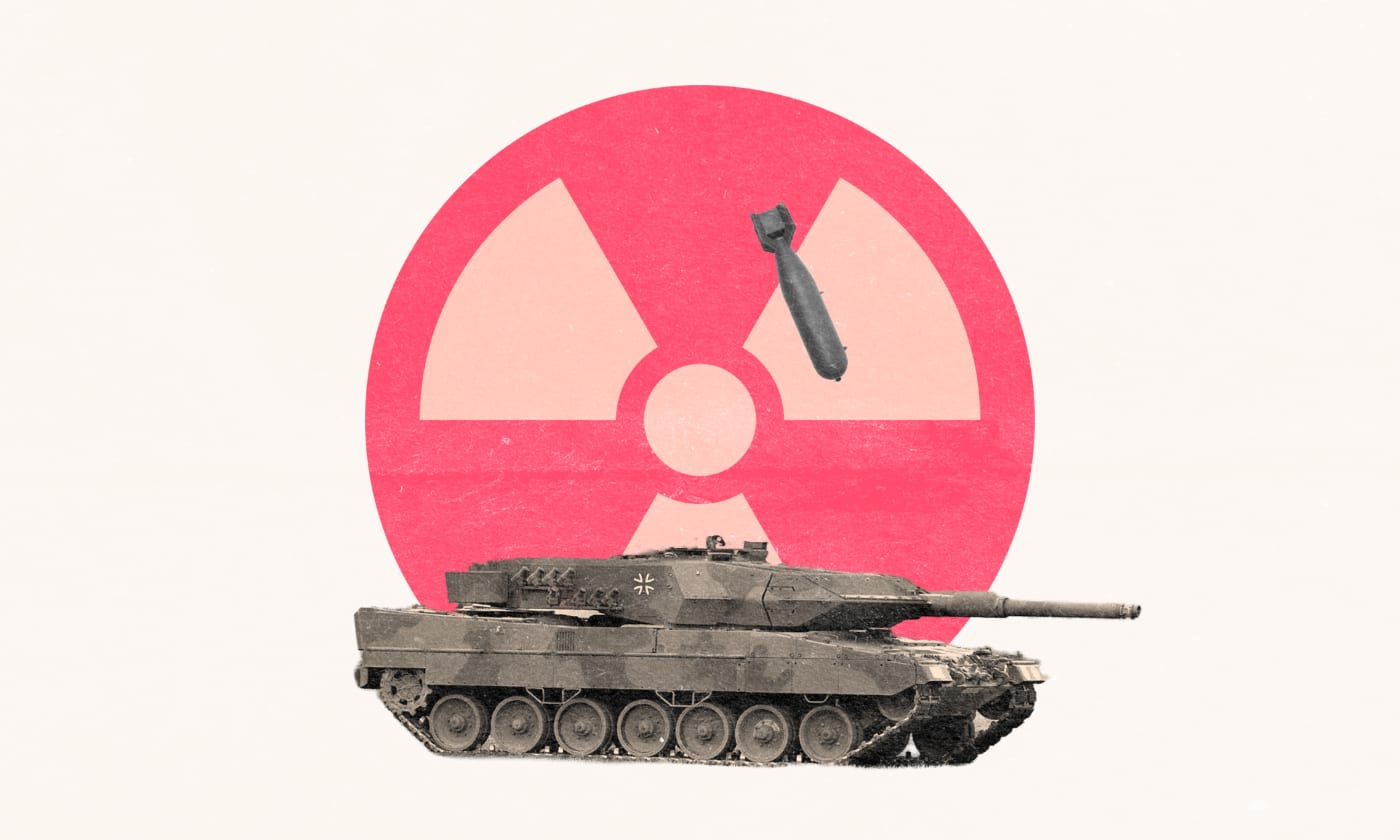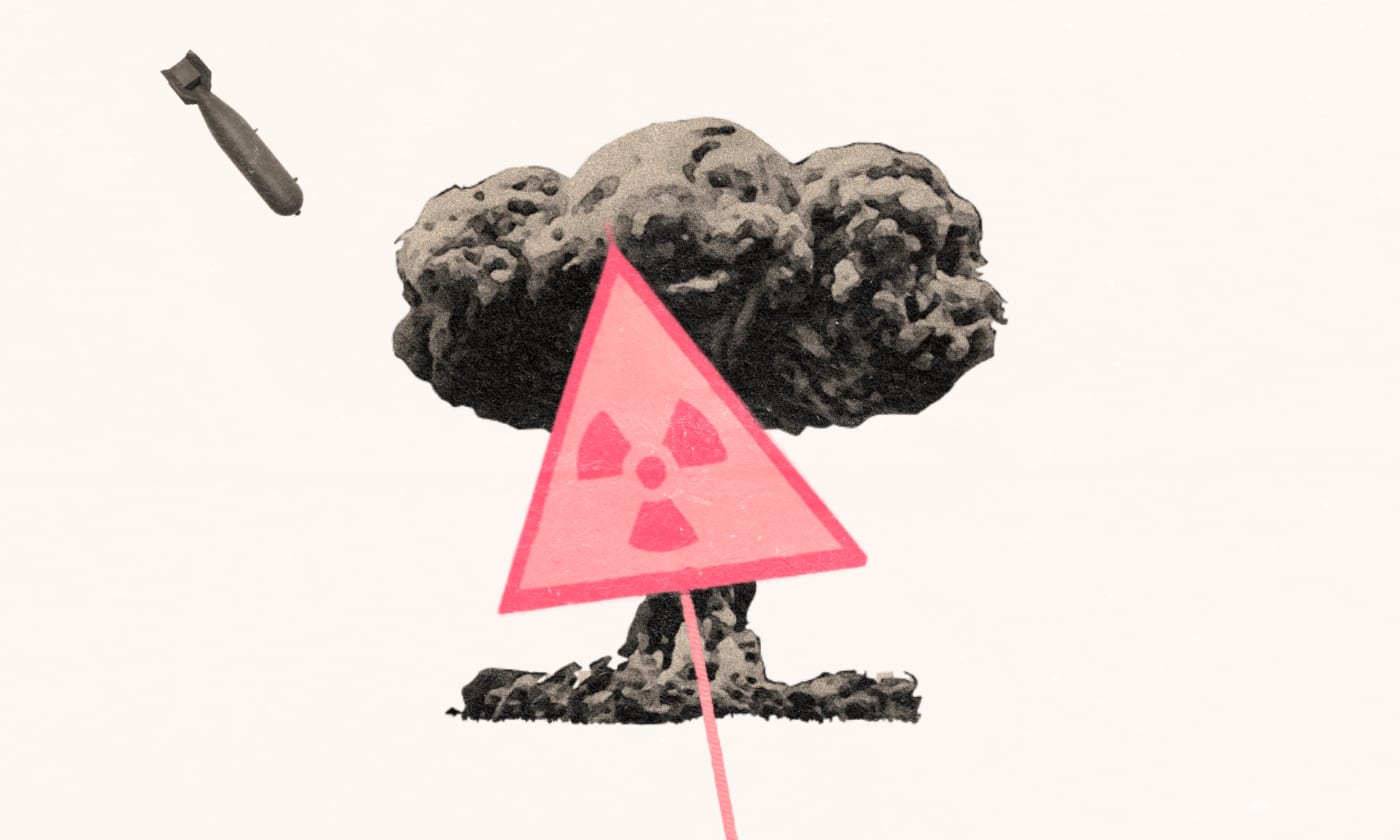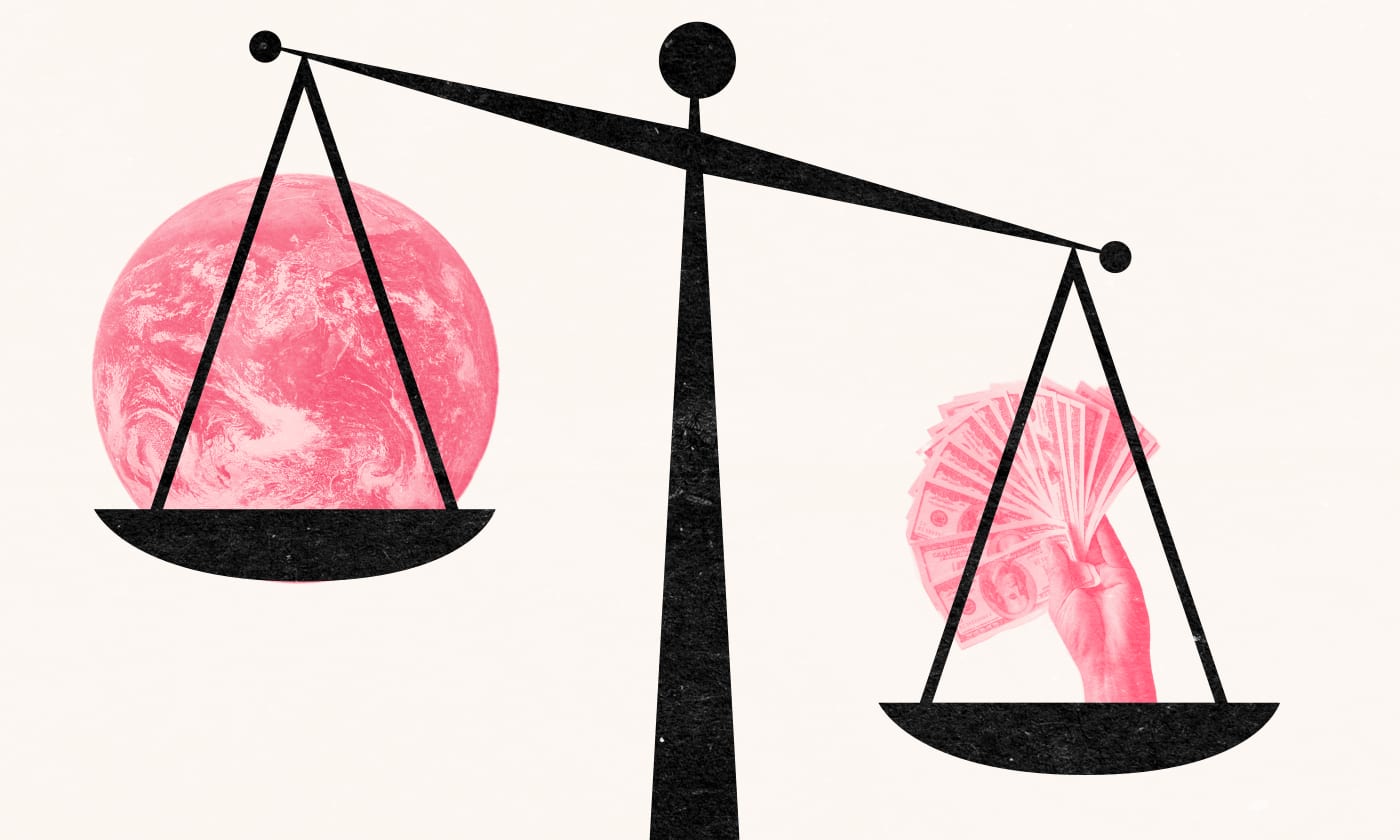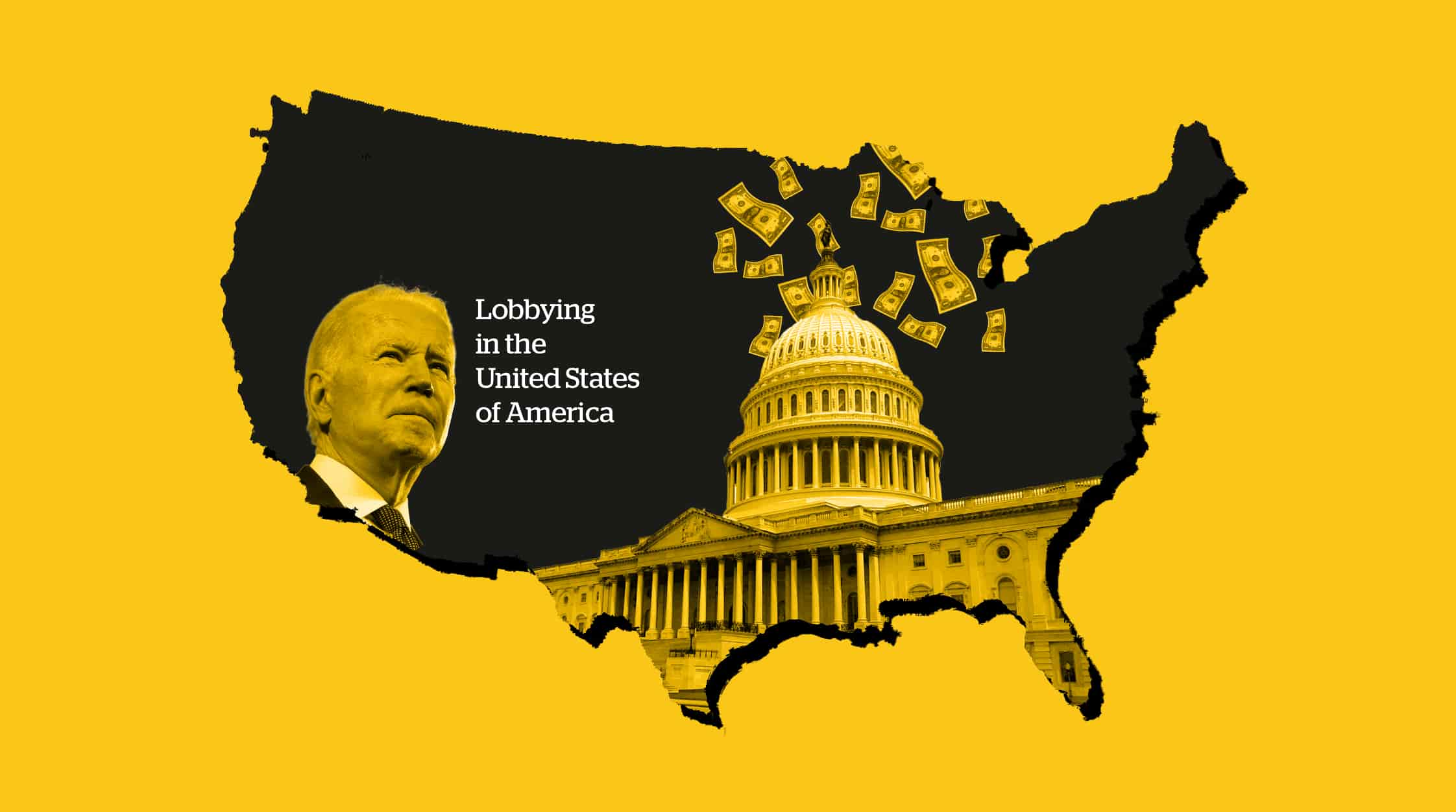Can the United Nations Parliamentary Assembly Address Failed State Realities?
With poverty, corruption, and functional illiteracy affecting many nations, can the UN Parliamentary Assembly's proposal for representative democracy succeed?
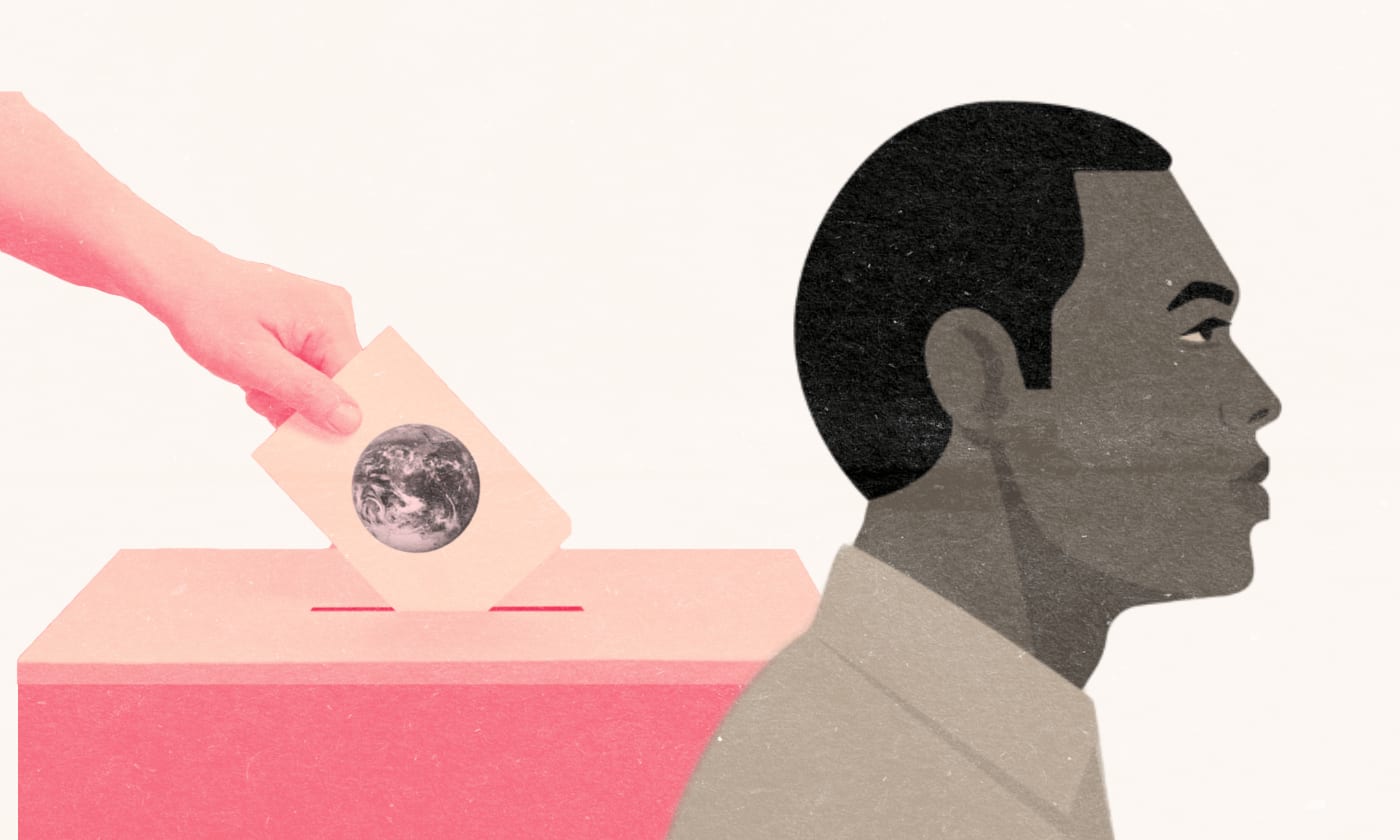
What can the movement for a United Nations Parliamentary Assembly takeaway from the World Development Index? According to the United Nations Surviving on Pennies Global Awareness Initiative, 1 billion people live on $1.00 daily. We have been trained to localize the concept of gross domestic product by national classification, but on average, how widely considered as the world’s gross domestic product per capita?
As of 2021, Macrotrends reported the world GDP at a meager $11,407 (per capita), less than what the United States Assistant Office of Planning & Evaluation identified as poverty for one person at $12,880 for the same year.
With half the world living on less than $5.50 per day, it is no stretch of the imagination to suggest poverty, in addition to all of its associable limitations, remains a tremendous global challenge.
Poverty is an incubator for corruption when people lack the most basic resources for survival. For billions of people worldwide, securing basic resources of life is an unforgiving hustle when living under failed state conditions.
When referencing Transparency International’s “Corruption Perceptions Index” for 2021, a bleak image is cast over our current global reality.
Low-scoring nations on the index are colored different shades of red. It goes without saying that much of the world map presented by Transparency International for this project is overwhelmingly red for all the wrong reasons.
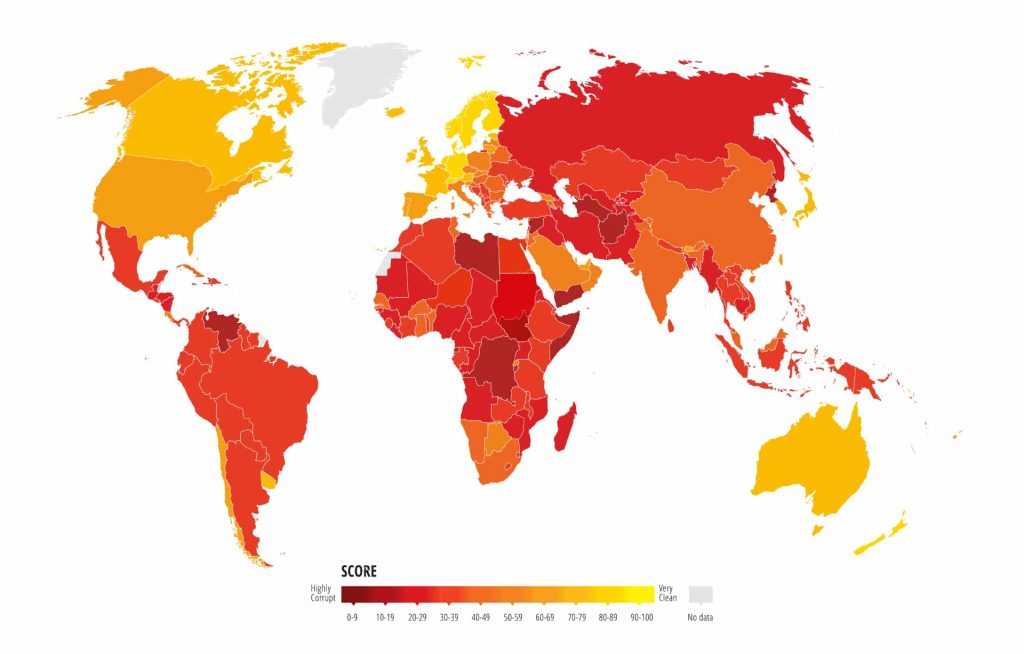
Corruption Perceptions Index 2021. Graph: Transparency International © CC
Thus, where there is corruption, there is functional illiteracy where people struggle to gain the most basic form of primary and postsecondary education. Based on data retrieved from UNESCO Institute for Statistics in 2019, 86% of the world is illiterate.
When functional illiteracy, rampant corruption and poverty coalesce as an “existential reality” for any given developmentally challenged nation, what impact will each area have on the dissipation of representative democracy as proposed by the United Nations Parliamentary Assembly?
For example, Somalia has facilitated numerous national elections since 2004 after years of lawless chaos since the start of its civil war in 1991, but as a nation, Somalia remains very much a failed state in 2022 even after the Transitional Federal Government attempted democratic reform.
What is the United Nations Parliamentary Assembly (UNPA)?
The United Nations Parliamentary Assembly (UNPA) is a proposed augmentation to the United Nations system that would consist of representatives of national parliaments from around the world.
The rationale behind the UNPA is to provide a more democratic and transparent decision-making process at the global level by empowering national legislators to have a greater impact on shaping international policy.
Proponents suggest that the UNPA would have a purely consultative role, meaning that it would not possess the authority to make binding decisions on behalf of member states. However, it could provide a forum for discussing and debating global issues and making recommendations to the existing UN bodies.
Some argue that the UNPA could help to address global challenges such as climate change and global inequality, while others have expressed reservations about the feasibility and potential drawbacks of such an institution.
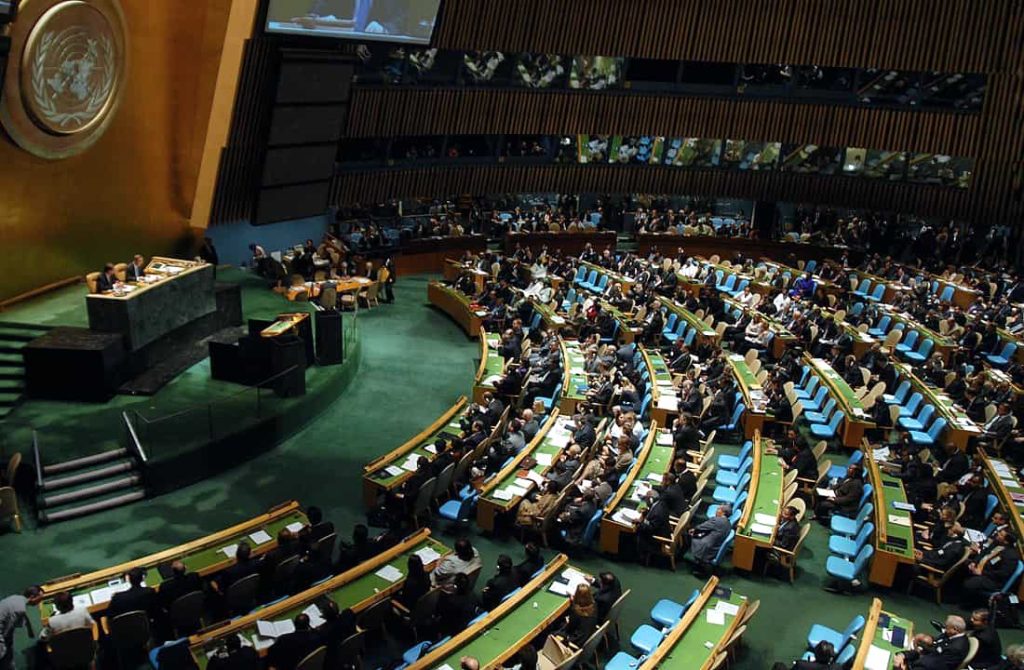
The UN General Assembly is modelled after many national parliaments and could likely serve as the unelected upper house of a bicameral UN system. © CC 3.0
Can elections save failed states under the UNPA mandate?
The question is can elections alone save failed states under ‘supranational democratic processes? It ultimately comes down to a question of enforcement. How will a supranational authority like the parliamentary assembly ensure and above all maintain the necessary transparency, integrity, and authenticity of elections, as well as democratic processes, in failed state realities?
Elections were not restored in Germany until 1949 culminating with the arrival of the first West German National Election after World War Two. Authorities governing Allied-Occupied Germany realized an immediate restoration of democratic processes in Germany after the war before “constitutional reformation” threatened international security. This is true, considering the dangers associated with neo-Nazism. Thus, the Allies effectively had a large hand in creating the Germany we recognize today.
How can the United Nations Parliamentary Assembly offer similar guidance and oversight in failed states where there are little to no democratic institutions, particularly in nations recovering from civil war? Can this Parliamentary Assembly be deployed as a “supranational civilian authority” to stabilize fledgling failed state nations, once recognized as such by national governments?
To achieve any of the aforementioned, the Parliamentary Assembly must identify and establish case-specific criteria to make localizations of representative democratic processes feasible in recovering failed states.
It is for this reason that our realpolitik reality must be acknowledged in all of its absolutism. To date, we have yet to escape Machiavellianism, considering unilateral actors turned geopolitical bullies seize power by military force or diplomatic blackmail with near impunity and zero accountability.
Is a world federal democracy feasible? Key questions we must ask
Is representative parliamentary democracy the best method available to channel democracy directly to underrepresented peoples, and communities, in failing state demographics worldwide by “U.N. Parliamentary Intervention” as a general deterrent against realpolitik? Beyond elections, what alternatives are available? How will it be possible to convince people struggling in failed state squalor that representative democracy is not tyranny by the majority?
To make world federal democracy possible, a series of investigative albeit critical questions must be raised to question the overall feasibility of practical implementation.
Do democratic elections provide the best possible outcome considering the arbitrary nature of national elections in even the most developed nations like the United States?
How can functional illiteracy serve as a working antithesis to representative democracy as advocated by the parliamentary assembly?
What protections can a potential parliamentary assembly field against corruption from localized cronyism such as election rigging and vote buying?
Can lobbyists, turned political action committees, be regulated by an ethics committee under the direct supervision of such a supranational parliamentary body to maintain integrity and transparency?
It is often found that more questions are raised than answers provided when attempting to evolve solutions to endemic problems without an overabundance of idealism.
A future U.N. Parliamentary Assembly must be dedicated to building developing nations; first, to protect against failed state pitfalls; and second, if there is any realistic expectation of any becoming democratic.


